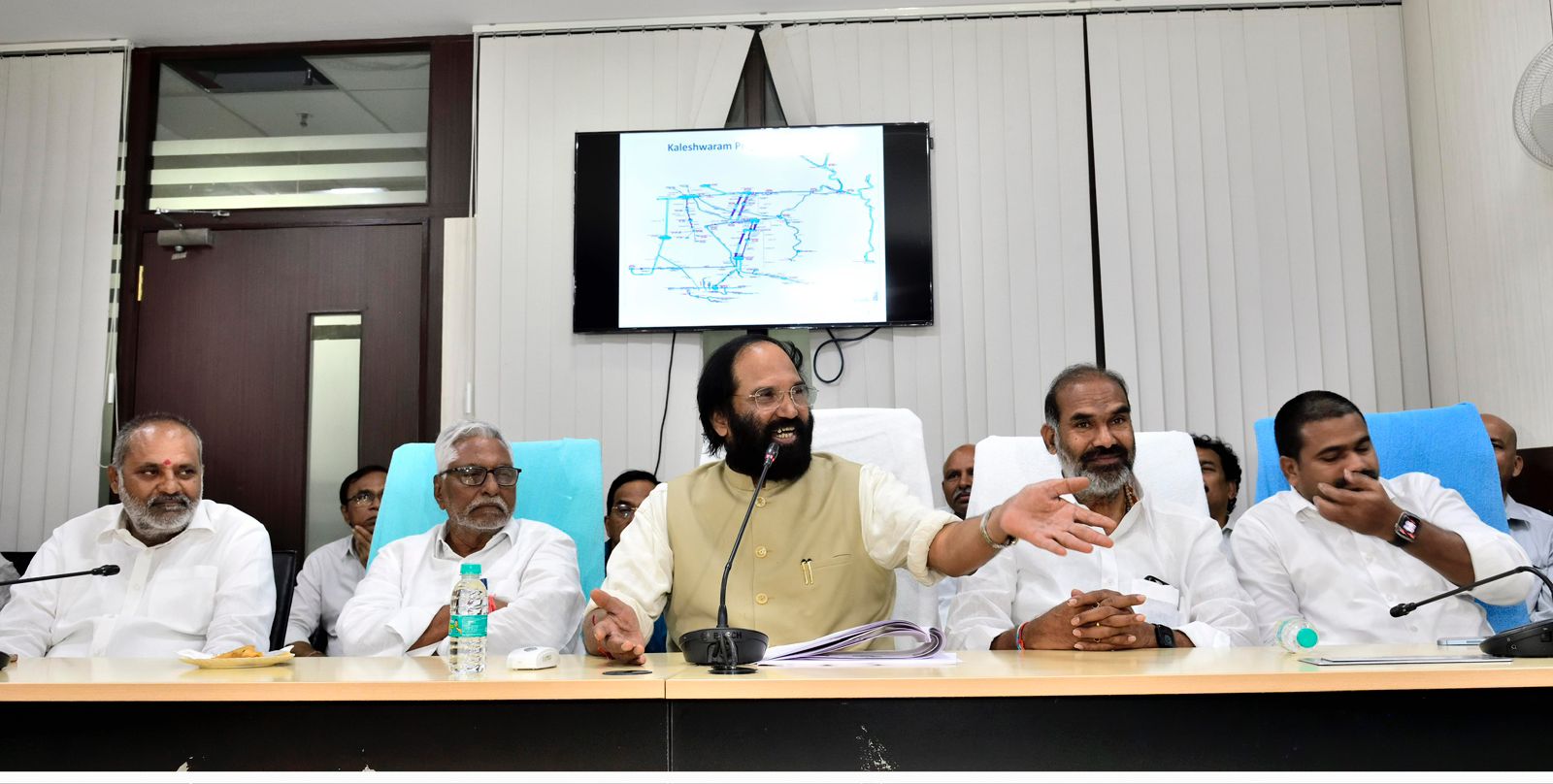Why gamble with people’s lives?

The gaming sites, which are 45 in total across India, are posing a challenge to the security agencies as well as the concerned state governments, as more and more youngsters, especially school- and college- going, are falling prey to them. Although, the Centre has made a draft regulation for these websites in January 2023, they are yet to be vetted by both the Houses of Parliament. Yet, the urge to find a shortcut to become rich and lead a life in style among people appears to be on the rise. This is evident from a businessman in Nagpur reportedly losing a staggering Rs 58 crore overnight. And, the investigation led the police to a suspected bookie and the recovery of Rs 14 crore cash along with four kg of gold biscuits. The accused was identified as Anant alias Sontu Navratan Jain, and police raided his residence in Gondia City, 160 km away from Nagpur. However, police suspect that he has fled to Dubai.
Although there is no explicit rule that forbids players, if one is found gambling online s/he may face legal action under the Public Gambling Act. And, one of the most well-liked online games in India is poker. As a result, online gambling websites and apps are multiplying with more and more people getting attracted to make quick money. It is true that currently, there are no Central government laws or restrictions on gambling, although, in some states, it is prohibited. The new Online Gaming (Regulation) Bill 2022 is under review and aims to regulate all gambling activity, including sports betting. India is thus a “grey” online gambling market, which means bettors can visit international online gambling real money sites such as casinos and sportsbooks. However, operators of these sites are not allowed to host their servers within India, so they must remain offshore services. Many such licensed online casinos and sportsbooks accept Indian players and offer secure online betting and online casino games. These gambling sites are run by fully licensed and trusted global gambling providers who offer responsible gambling tools and processes, customer support, underage gambling prevention, plus secure payment and withdrawal options in rupees. Against that background, it’s the government which has to take a call, if it wants to regulate or curb the peril to prevent the youngsters falling victims to this ‘make quick money’ instead of working hard to earn a livelihood and fulfil their dreams in a more dignified and legal manner.
Although, ‘gambling’ is also a ‘skill of mind’, yet shouldn’t it be allowed legally with some restrictions, especially of age, is a question asked by many who are inclined towards it. Meanwhile, how the the government’s proposal to set up Self-Regulatory Organizations, comprising industry representatives, educationists and others such as child and psychology experts will help prevent the menace from spreading, one has to wait and see. Many feel, that the government’s proposal in fact serves none and only further encourages more and more people taking to this ‘quick to make money’ route. This is evident from the recent government’s decision to hike the Goods and Service Tax (GST) to 28 per cent from 18 per cent on the gaming or betting or racing. The tax will be levied on the full value of the bet made or the chips bought and there will be no differentiation between skill-based games and chance-based games. What does it mean? Union Minister of State for Electronics and Information Technology Rajeev Chandrasekhar, who is against a total ban on these game sites, in fact wants a reduction on the newly-imposed GST rates. Simply, because this government’s greed to make some money through taxes! Yes, ignoring the future of many youngsters – poor, middle classes and unemployed – whose lives would be at stake. Online gambling per se should be totally banned for a better India.




